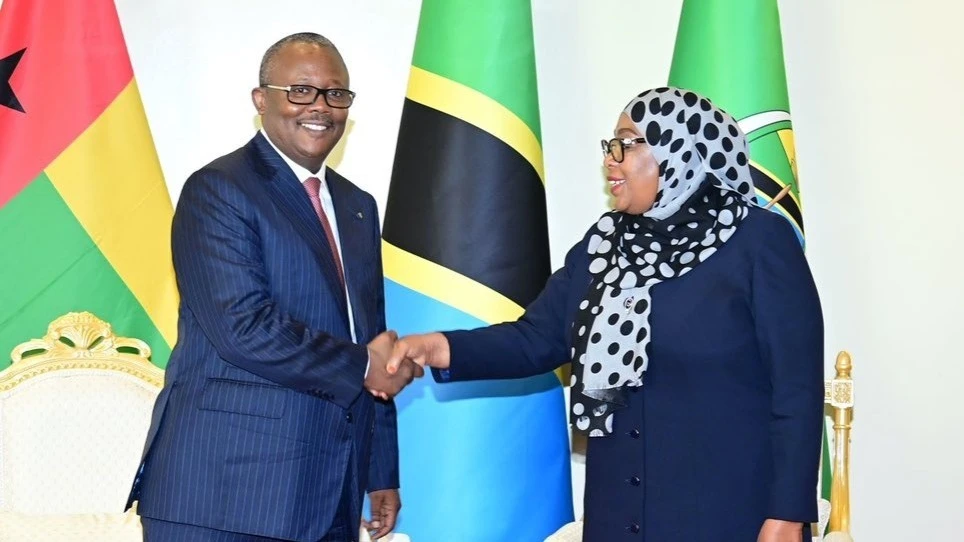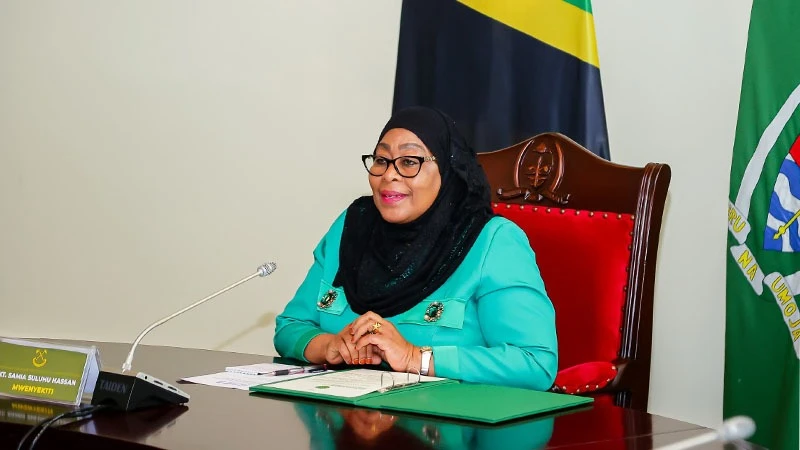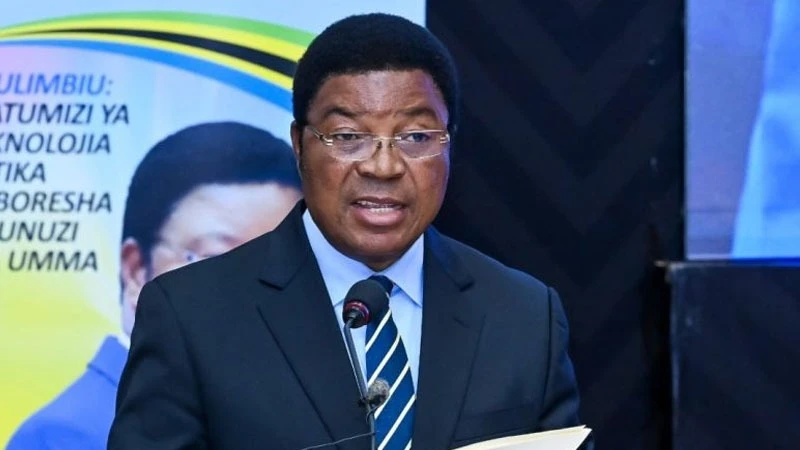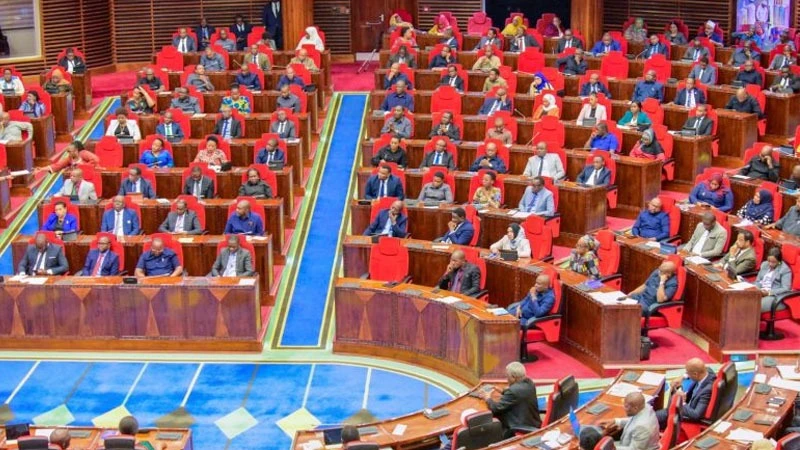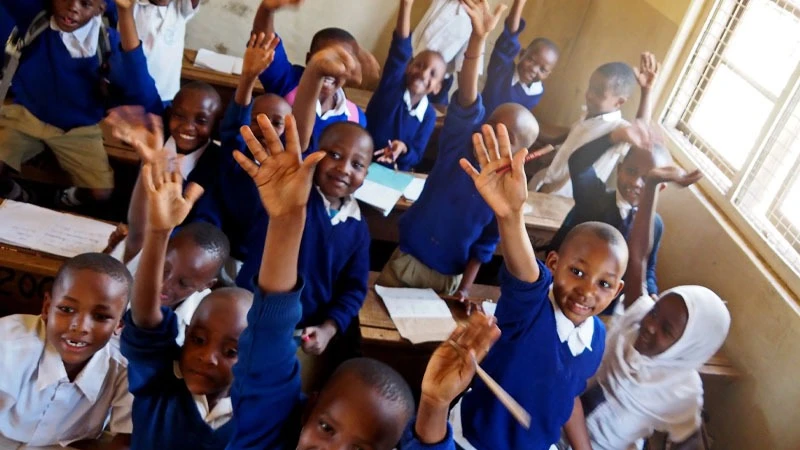Conflicts cause migrations, while routes in the Sahel are getting more dangerous
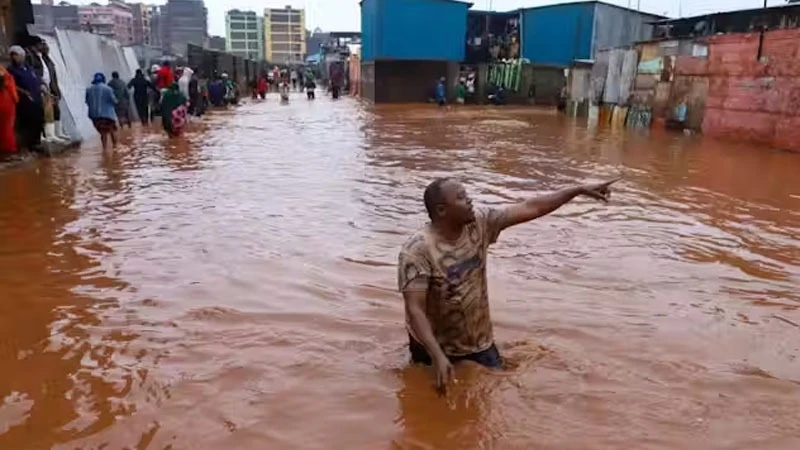
AFRICANS, particularly youths, are having it really hard in countries known to be shutting off escape routes for those dreaming of migrating but with few viable options of doing so safely.
After South Africa ditched apartheid, its economy looking like a rough copy of a Western economy, many youths made an effort to migrate, with varying tales of success or harrowing disappointment.
Violence was soon being directed against them as relatively successful small traders or odd jobs hands-on people spending cash.
United Nations agencies like UNHCR are as good as finding it impossible to come up with lasting solutions to the situation in Africa, South America or the Middle East, their concern shifting to extending enhanced care to migrants.
For its part, UNHCR said in a recent report that conflicts in the Sudan and across the Sahel region have compromised protection of migrants crossing from sub-Saharan Africa.
By ‘protection’, it is possible this meant ensuring the presence of open skies without serious impediments, either guarded borders or armed groups, but the area is now rife with gun totters.
UNHCR sheds tears that for the hundreds of thousands of refugees and migrants attempting to cross from sub-Saharan African countries to Europe, the journey is extremely dangerous.
The report highlights the dangers and dreams about protection but takes rather lightly the whole issue of migration as the world has one reason pervading all discussion: climate change.
Yet it isn’t climate change that removes people from ancient lands or countries but total lack of reform, meaning that lands that would anchor prosperity for others gradually become hellish for Africans.
Instead of using up UN resources to make it easier to cross to Europe, where most countries face a political emergency holding back migrants and repatriating those denied asylum as they usually wish to claim, trying to make it easier for the refugees to reach Europe is counterproductive.
The UN needs to reassume its role of a global problem-solving machinery rather than a database merely for urgent humanitarian action while in substance that cause is practically a non-starter.
But the UN is only the sum total of its members. So, if we in Africa do not yet see the urgency of ending migrations or use the waves to seek more funds for expenditure that produces the same results, we shall be seeking pity and losing our dignity in the process.
An indication of the diminishing capacity to do things the old way is noticeable, going by UNHCR officials’ comments on their efforts in the situation.
That there is clear exposure of would-be or ‘aspiring’ refugees to harm is obvious. It is therefore high time activist organisations, which have greater space or leg room than government officials to address the matter, worked on a revised project from their current textbook.
Instead of hankering after ways to take Africans, South Americans and those living in Western Asia to Europe on asylum pretexts, the activists should map out how to help make Africa generally a better place to live.
The presumption here is that, with this meaning fighting for lasting peace across the continent, even the African Union would have no qualms.
Top Headlines
© 2024 IPPMEDIA.COM. ALL RIGHTS RESERVED







